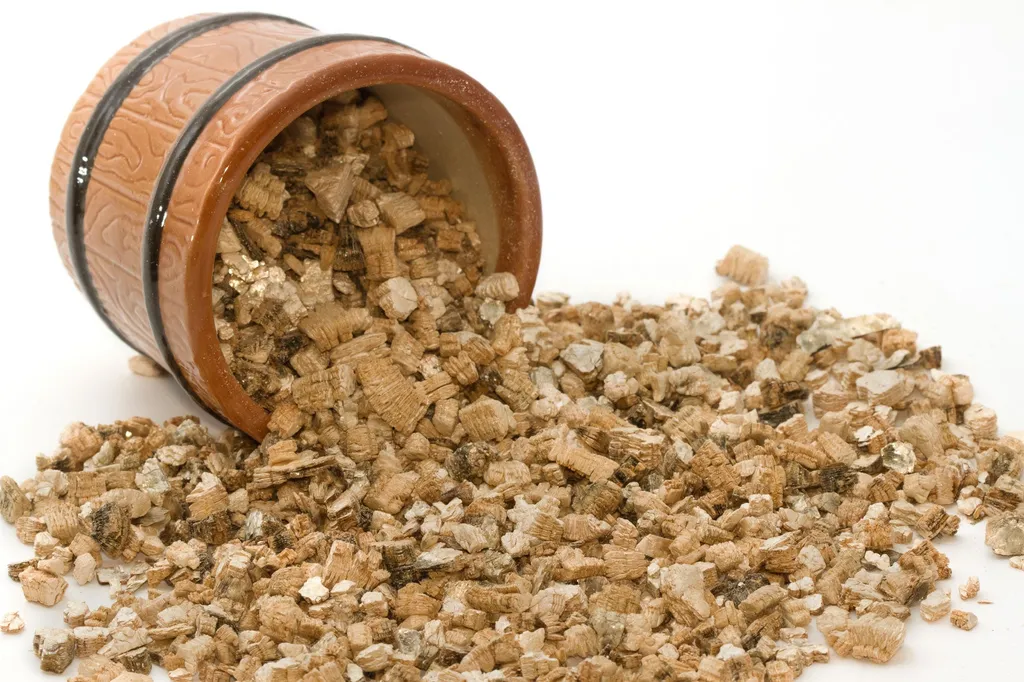Aug . 12, 2024 22:42 Back to list
Leading Manufacturers in the Production of High-Performance Thermal Insulation Materials for Various Applications
Thermal Insulation Materials Manufacturers A Vital Component in Sustainable Construction
In an era of increased awareness regarding energy efficiency and environmental sustainability, thermal insulation materials have become essential in various sectors, including construction, manufacturing, and automotive industries. As the demand for energy-efficient buildings rises, the role of thermal insulation materials manufacturers is increasingly significant. These manufacturers produce materials designed to reduce heat transfer, thereby improving energy efficiency and contributing to a more sustainable future.
Thermal insulation materials come in various forms, including fiberglass, foam boards, cellulose, and reflective insulation. Each type serves unique applications and offers different performance characteristics. For instance, fiberglass insulation is widely used in residential and commercial buildings due to its excellent thermal performance and affordability. On the other hand, spray foam insulation provides superior air sealing properties, making it a favorite for energy-efficient renovations.
The expanding market for thermal insulation can be attributed to the growing awareness of energy conservation and the rising costs of utilities. Governments worldwide are implementing stricter building codes and regulations to enhance energy performance in residential and commercial structures. This regulatory push has led to a surge in demand for high-quality thermal insulation materials that comply with these standards. Manufacturers are tasked with creating innovative solutions that not only meet these regulations but also address the varying needs of end-users.
One notable trend among thermal insulation materials manufacturers is the growing emphasis on eco-friendly products. With the construction industry being a significant contributor to carbon emissions, many manufacturers are shifting towards the production of sustainable insulation materials. These eco-friendly options often include recycled materials or bio-based components that minimize environmental impact. Products like cellulose insulation, made from recycled paper products, exemplify this shift towards sustainability. As consumers become more environmentally conscious, the demand for green building materials will likely continue to rise.
thermal insulation materials manufacturers

In addition to sustainability, manufacturers are leveraging advanced technologies to improve the efficiency and performance of thermal insulation materials. Innovations such as nanotechnology and advanced polymers are leading to the development of highly effective insulation products that provide superior thermal resistance without taking up excessive space. These technological advancements are particularly beneficial in urban areas where space is a premium, allowing for thinner, more effective insulation solutions.
The competition among thermal insulation materials manufacturers is also intensifying. As more companies enter the market, manufacturers have to differentiate their products through quality, performance, and sustainability. This has led to an increase in research and development initiatives aimed at creating cutting-edge insulation solutions. Partnerships with research institutions and investments in innovative materials are becoming common practices among leading manufacturers looking to stay ahead.
Another critical aspect of the thermal insulation market is the importance of quality assurance and certifications. Reputable manufacturers often seek certifications from recognized standards organizations, ensuring their products meet specific performance and safety criteria. Certifications such as the International Organization for Standardization (ISO) and Underwriters Laboratories (UL) assure end-users of the reliability and effectiveness of insulation materials.
In conclusion, thermal insulation materials manufacturers are playing a pivotal role in the movement toward energy-efficient, sustainable buildings. With the growing demand for eco-friendly solutions and the necessity for high-performance materials, these manufacturers are poised for growth and innovation. By prioritizing sustainability and leveraging advanced technologies, they are not only meeting current demands but also paving the way for a greener, more energy-efficient future. As we move forward, the partnership between manufacturers, builders, and consumers will be crucial in achieving our shared goals of environmental stewardship and energy conservation.
-
Eco-Friendly Granule Covering Agent | Dust & Caking Control
NewsAug.06,2025
-
Fe-C Composite Pellets for BOF: High-Efficiency & Cost-Saving
NewsAug.05,2025
-
Premium Tundish Covering Agents Exporters | High Purity
NewsAug.04,2025
-
Fe-C Composite Pellets for BOF | Efficient & Economical
NewsAug.03,2025
-
Top Tundish Covering Agent Exporters | Premium Quality Solutions
NewsAug.02,2025
-
First Bauxite Exporters | AI-Optimized Supply
NewsAug.01,2025
